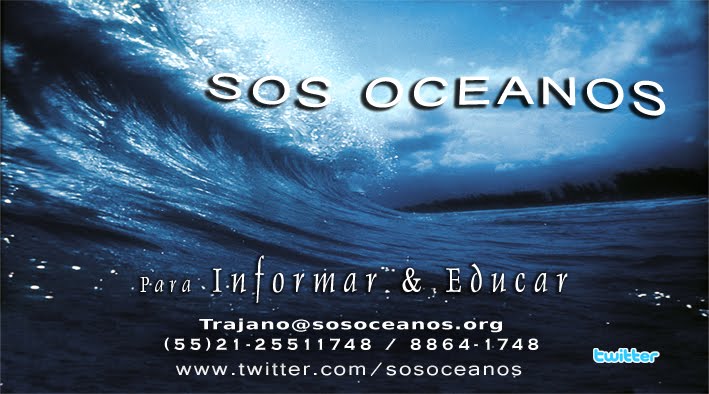By Alysen Miller, CNN
May 26, 2010 -- Updated 0639 GMT (1439 HKT)
Aralsk, Kazakhstan (CNN) -- Serik Duisenbayv was 17 when he first saw the Aral Sea.
"When I was born the sea wasn't in Aralsk, I had only heard about it from my parents and from history books," he told CNN.
"When I saw it for the first time I was very sad that people had had to live without the sea for almost 40 years. But now we have hope. Now the sea is only 50km from Aralsk and maybe one day the water will be in the old harbor once again."
The shrinking of the Aral Sea has been described as one of the world's most shocking man-made environmental disasters. The sea lost over 90 percent of its area after the rivers that fed it were diverted to irrigate cotton crops elsewhere in the arid region in the 1960s.
As the water retreated, the sea became too saline for fish to survive, killing off the people's livelihoods and, with it, their hope.
The retreat of the Aral Sea has left the once-thriving port town of Aralsk, the town that bears its name, resembling nothing so much as a salty dustbowl. In its heyday it supported a population of 25,000 people with, on average, at least one person from each household employed in the fish processing plants.
Now the fish processing plants and ship building factories stand derelict; the train lines that once transported Aralsk's precious cargo all over the former Soviet Union are abandoned, a ghostly reminder of the town's former prosperity.
Unemployment forced many of the locals to migrate to the big cities in search of jobs. Those who remained still remember when this ghost town was a bustling harbor, complete with a floating restaurant. They still tell the story of how, during the Bolshevik Revolution, the fishermen of Aralsk worked through the night to provide fish for a hungry nation on the orders of Vladimir Lenin.
One hour's drive across the steppe from Aralsk, on what was once the sea bed, we get a poignant reminder of the scale of the disaster. Camels roam among the rusting husks of fishing vessels that jut from the cracked earth, abandoned where they once swayed at anchor before the sea disappeared.
The receding waters have left vast plains covered with salt, which is picked up and carried away by the wind as toxic dust. As well as blighting the local population with health and respiratory problems, the change in geography has also caused the summers to become hotter and drier and the winters colder and longer as the sea no longer acts as a temperature moderator.
But there is now an ongoing effort in Kazakhstan, supported by the World Bank, to save the north part of the Aral Sea.
In 2005 work on the $86 million Kok-Aral Dyke was completed, separating the North Aral from the rest of the sea. It has helped to raise the sea level by about 12 meters from its lowest level in 2003.
It means that for the first time in decades, fishermen are returning. Fishermen like Sahif Talgat, who has been fishing in the north Aral Sea for one year.
To go out fishing with Sahif and his colleagues is almost to step back into another time. As he lowers his net into the water, Sahif utters a prayer of thanks for the fish he hopes to catch.
There are now thought to be some 15 types of freshwater fish in the north Aral Sea, including carp, catfish and bream. The pike perch is the most expensive fish: one kilo can fetch up to 500 tenge (around $2.50), helping to explain why the fisherman have dubbed it the "golden fish".
The outlook for the remnants of the Aral Sea remains uncertain. But Serik is hopeful that the second phase of the project -- that aims to improve water management in the Syr Darya basin, which feeds the Aral Sea --- will help restore Aralsk to its former glory as a famous fishing port.
"People all over the world talk about the shrinking of the Aral Sea, that's it's totally dead, there there's no fishing anymore. But I say that it's not dead, it was just resting, waiting for better days. And now I think those better days have come.



